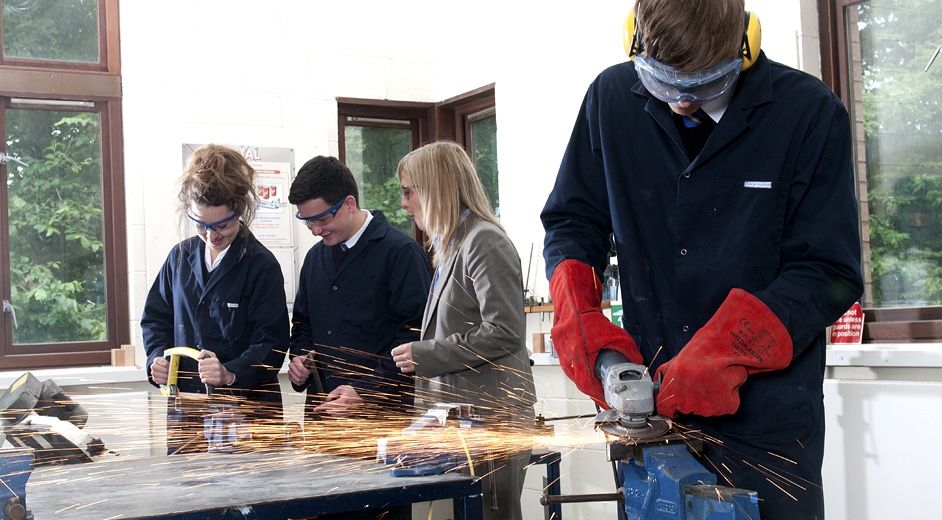Teacher:pupil ratio
The benefits of a high ratio include more one-to-one contact time between teachers and pupils: since teachers get to know students very well, they can tailor their lessons to an individual’s strengths and weaknesses.In the top 30 boarding schools in the UK, teacher:pupil ratio typically ranges from 1:05 to 1:12. For example, the average ratio at Harrow School is just 1:5, while Westminster and Winchester offer 1:7.
Small is beautiful
As well as the high ratio of teaching staff, the typically small class sizes at boarding schools have a marked effect on exam results and individual development.With a small class, pupils have more active participation in class, which leads to increased self-esteem and improved communication skills.
Being able to use science equipment, speak up in French class or solve problems in maths class more frequently means that pupils in a small class develop faster academically.
Quality in teaching
However, while small class sizes undoubtedly create a nurturing environment, high quality teaching is of paramount importance to a school’s success.The best boarding schools in the UK recruit the very best teachers to provide challenging, entertaining and informative lessons, all of which are more important than pure class size.
While many pupils will certainly benefit from very small class sizes and the undivided attention of a teacher, you must always consider your child as individual.
A curriculum that offers the options your child wants and a teaching philosophy that suits their learning style are also all arguably as important as a high teacher:pupil ratio.
Boarding schools in the UK offer outstanding tutoring provision so that all pupils reach the academic standards they‘re capable of.
They also typically put a strong focus on a rounded education that allows pupils to develop their potential in as many directions as possible.
Whether that‘s in sport, arts or academics or in terms of personal development, discipline and self-confidence, judging how successful a school is in fostering individual achievement is more complex than just class sizes.
Your prospective school will be happy to discuss their approach to teaching with regard to your child’s particular learning needs.







 4
4
 2
2
 2
2






